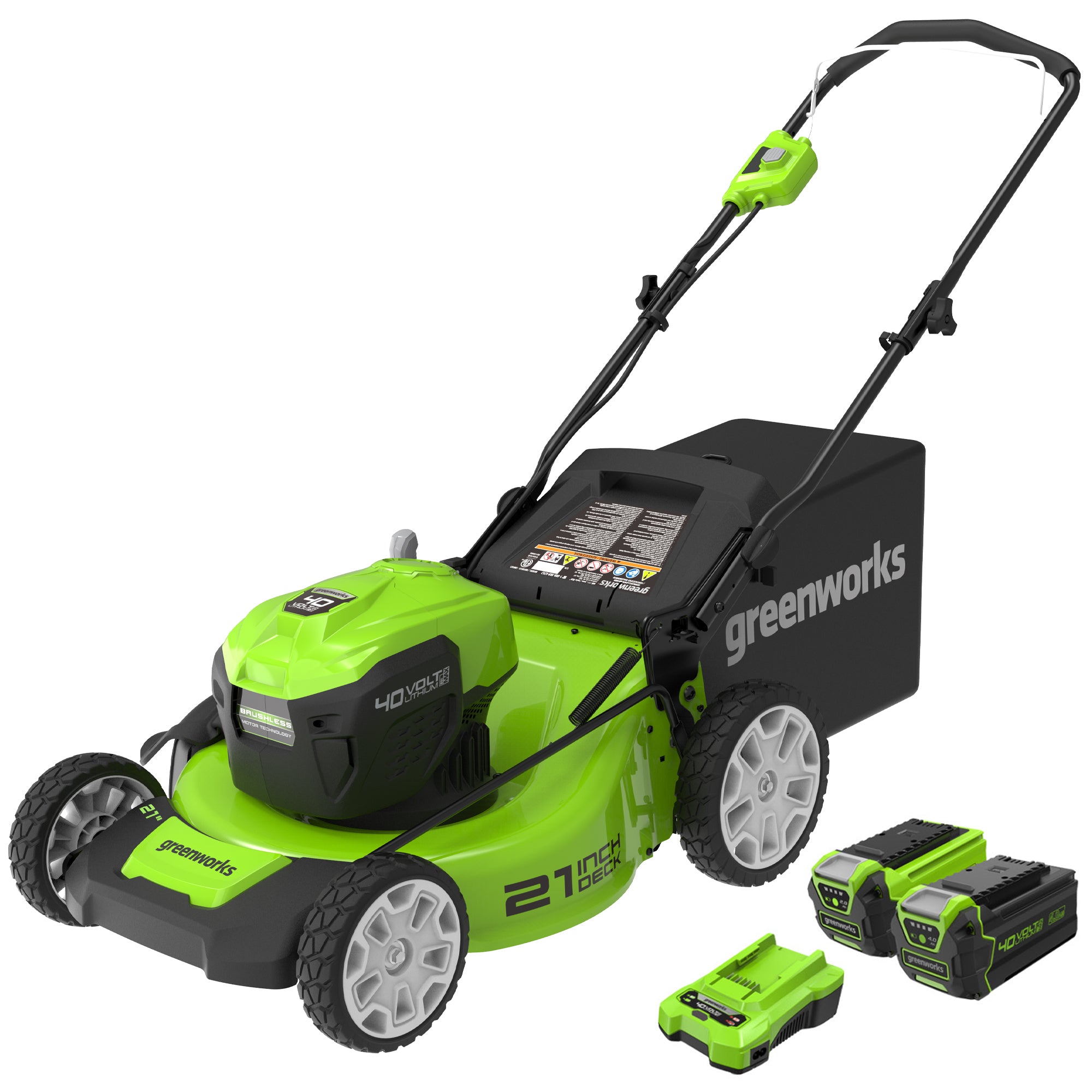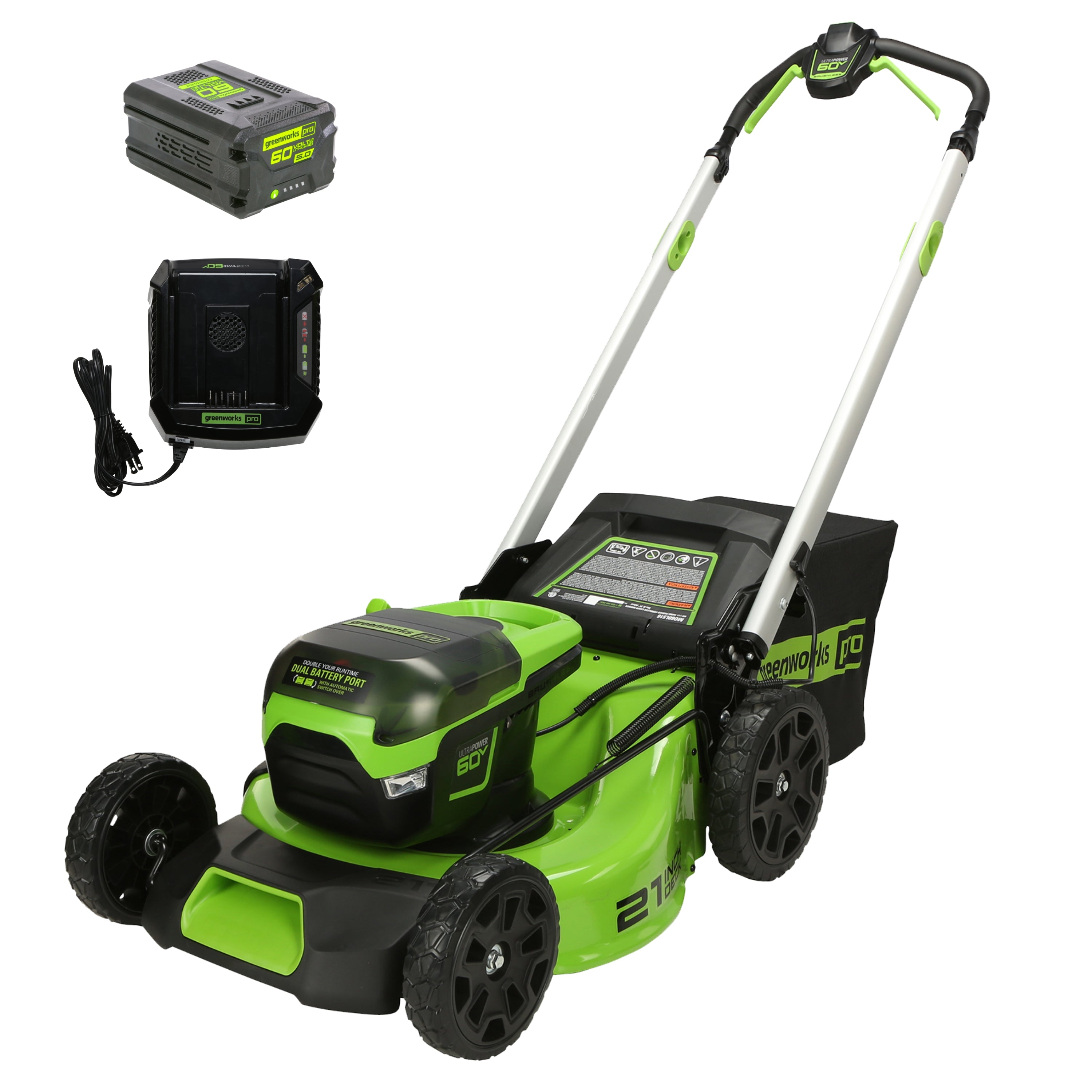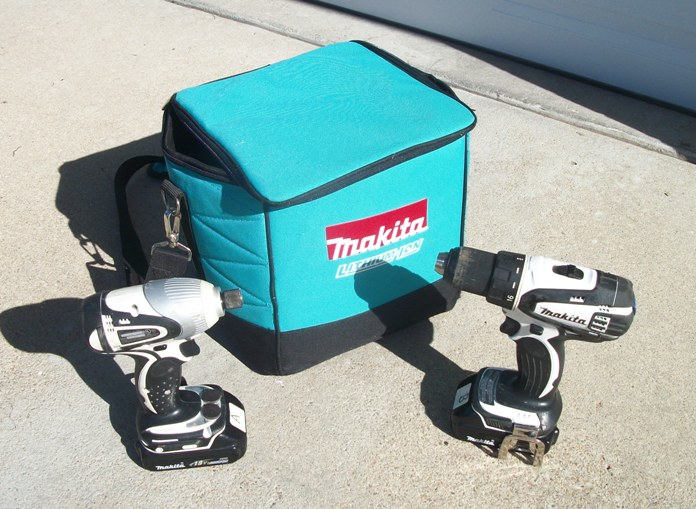I've been using a corded electric lawnmower for our house for more than 8 years, before that was a gas mower. Works great, no gasoline to deal with! But the part I dislike the most is the cord, which takes time to setup and care to not cut the cord. Running 100 ft out to the sidewalk strip of grass is the part I hate most. Our house is on a 60' x 100' lot, approx 1/3 of that is lawn, the rest is house, paved driveway and garage.
What size battery (in voltage and AH) do I need in a cordless to get the job done? I see they go from 24V to 80V, AH from 4 to 6. Don't want to spend a lot of money since the old corded mower was replaced with a new one just last year. I can still use the corded to do some of the cutting and the cordless for the parts further out.
What size battery (in voltage and AH) do I need in a cordless to get the job done? I see they go from 24V to 80V, AH from 4 to 6. Don't want to spend a lot of money since the old corded mower was replaced with a new one just last year. I can still use the corded to do some of the cutting and the cordless for the parts further out.







